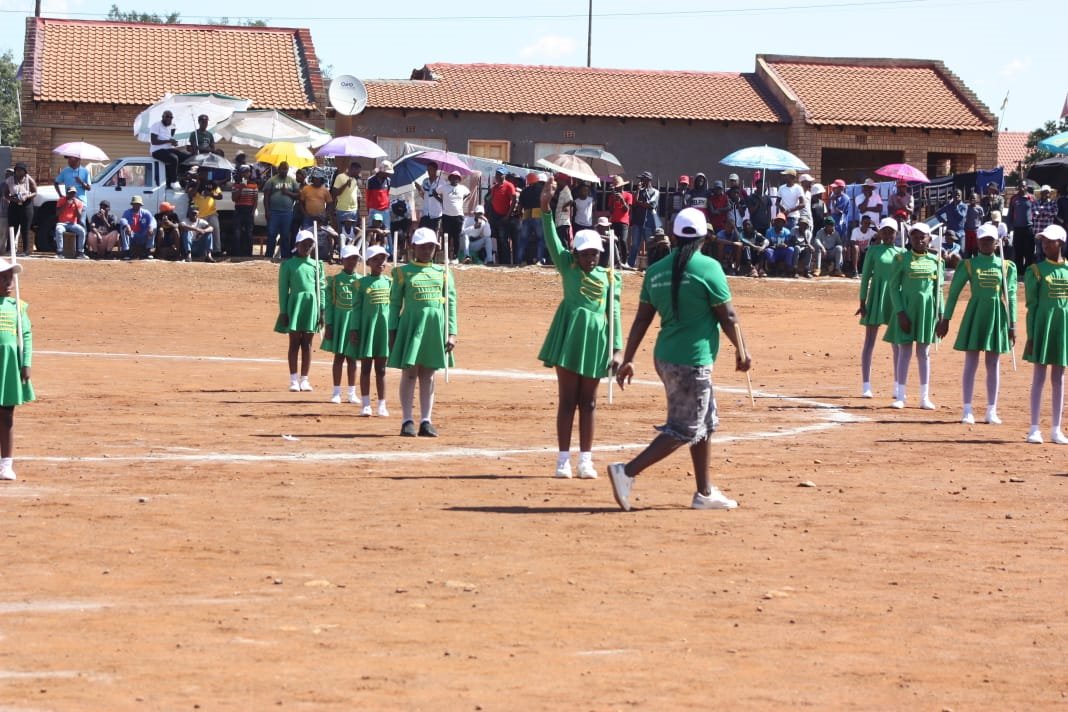The ninth of August marked Women’s Day in South Africa. This iconic day, celebrates the important role women played in the anti-apartheid liberation movement. Every year on this day, the nation comes together to celebrate the brave women who stood against the system of racial discrimination and oppression during the women’s march in 1956.
Women faced unique challenges during the apartheid era, often being side-lined and silenced. Yet, they persevered, proving that gender should never be a barrier in the fight for justice. Standing up for their rights meant challenging racial and gender discrimination.
Beyond fighting unfair government systems, women were the backbone of their communities. They established schools and support networks to build positive communities.
While we celebrate the resilience of the 1956 women, it is important to recognise the women who continue to fight for the safety, equality, and empowerment of women in working class communities today.
For example, Yolanda Kganye (29) is a founder of Kganye Football Club. She established this women’s soccer club not only to encourage young girls to pursue sport and physical activity, but also as a means of empowering women and teaching self-discipline.
“In the streets of Thokoza, we see a new problem in the presence of young girls from poor backgrounds who are often vulnerable. They are enticed by material things leading them into teenage pregnancy, Gender Based Violence (GBV), and to depend on men from a very young age,” explains Kganye, “These problems emphasised a need for empowerment and skills development for girls from a young age,” she added.
Kganye, together with other inspirational working class women, continue fighting for better communities. One such woman is Duduzile Mudau, she is the founder of Sesfikile Non-Profit Organisation (NPO), a haven for children in Phola Park, Thokoza.
In a community that can sometimes be harsh and unforgiving, Duduzile recognised the importance of creating a safe space for children while also providing them activities that develop their talents.
“One of the main purposes of Sesfikile is to provide a nurturing environment where children can master their skills and can speak openly about the difficulties they face at home and at school. Sesfikile is a place where their voices are heard, and their concerns are taken seriously,” said Mudau.
This safe space provides local children with the resources to participate in sports, drum majorettes and dance. But the impact of Sesfikile does not stop there. Mudau and her team go above and beyond to assist children facing different challenges in school. They provide assistance for school subjects, such as mathematics, ensuring that no child is left behind in their schoolwork.
Just like the work of the women of 1956, Kganye and Mudau’s work symbolises a commitment to building communities that recognise gender equality and celebrate women’s contributions. Their efforts show the necessity of understanding that change begins with protecting our children and empowering young girls.
This article was submitted on 08 September 2023. You may republish this article, so long as you credit the authors and Karibu! Online (www.Karibu.org.za), and do not change the text. Please include a link back to the original article.



